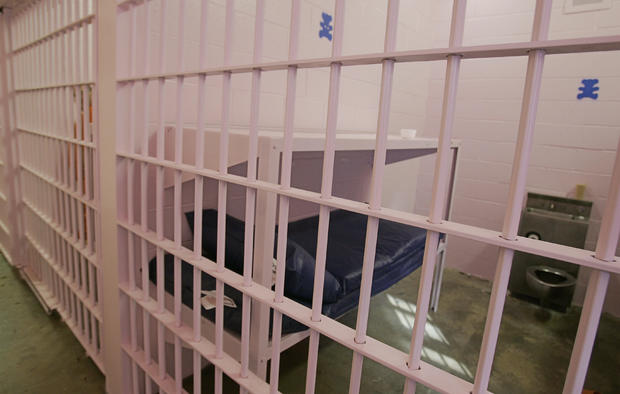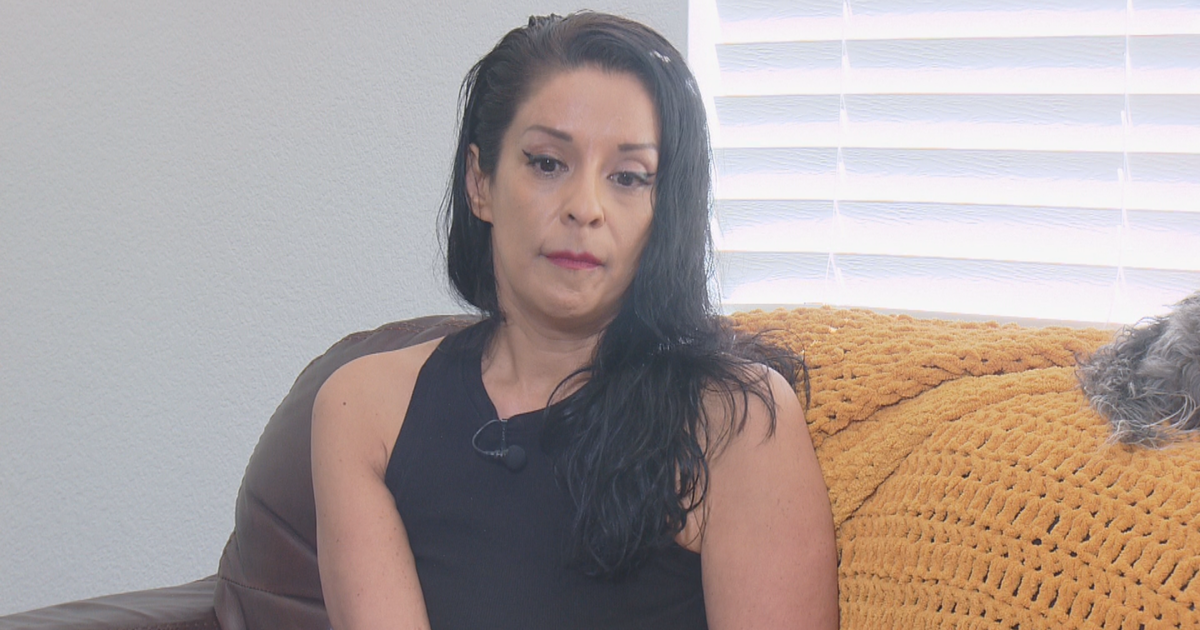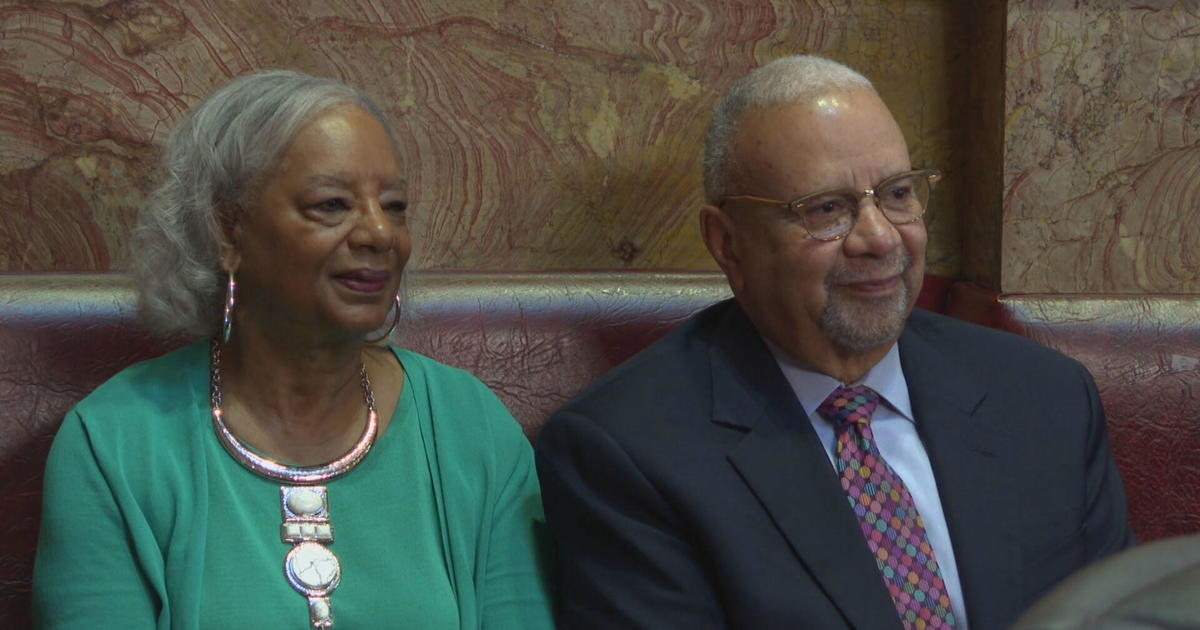Colorado, Advocates Back In Court Over Jail Mental Health
DENVER (AP) — A Colorado advocacy group said Friday that the state's mental health agency has failed to comply with a federal court settlement aimed at ensuring people do not spend months in county jails awaiting treatment of issues preventing their criminal cases from proceeding.
Attorneys for the Department of Human Services, though, argued that it did not violate the agreement. The settlement allows leniency in some situations, and the agency is simply using those tools, they said.
Magistrate Judge Nina Wang said she would issue a written decision soon.
The yearslong legal battles focus on people with mental health issues who face criminal charges but have not yet been convicted.
In some of the cases, judges have ordered the state hospital to review of the person's mental competency for trial. Others are waiting for treatment after being found incompetent, in hopes of "restoring" them for trial.
Under the settlement, the state must admit people to the Colorado Mental Health Institute at Pueblo within 28 days of a judge's order for evaluation or treatment. The settlement also requires the state to keep its monthly average waiting period for admission at 24 days or less.
State officials have said increasing demand for competency reviews and treatment of people already found incompetent exceeds the number of beds available.
According to court records, the average wait time in May was nearly 94 days. The longest wait time for treatment at that time was 142 days. The advocacy group said more than 200 people had been waiting beyond the 28 days permitted under the settlement agreement.
Caleb Durling, an attorney for Disability Law Colorado, called the wait times "staggering."
He asked the judge to set a deadline for the state to clear the list of people awaiting mental health treatment. Durling said the state has incorrectly used a portion of the settlement agreement, which lets the agency ask for a six-month grace period under special circumstances, to argue that it is not violating the terms.
"They've made an agreement three times in the last 10 years," he said. "We're simply asking them to follow that."
Tanja Wheeler, the department's attorney, argued that it can use that portion of the settlement agreement when necessary, including during consecutive six-month periods of time.
Wheeler said the advocacy group cannot ask the judge to re-write the settlement because it is unhappy with the results.
"The department is not in breach, hard stop," Wheeler said.
The lawsuit was reopened once before at Disability Law Colorado's request. A 2016 settlement added an independent consultant to monitor the state's progress.
By KATHLEEN FOODY, Associated Press
(© Copyright 2018 The Associated Press. All Rights Reserved. This material may not be published, broadcast, rewritten or redistributed.)




